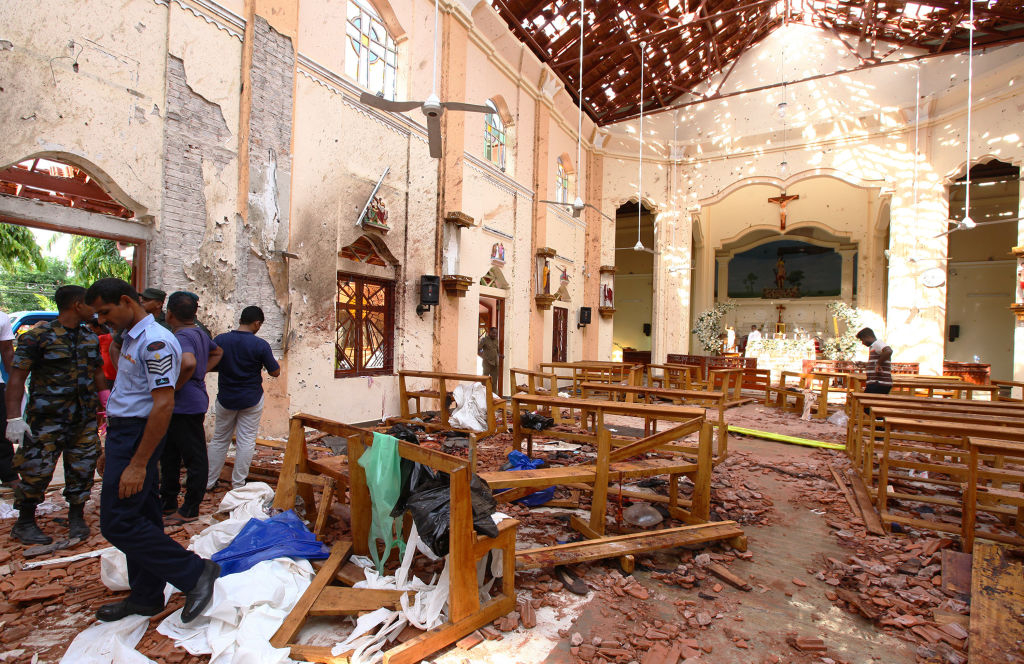Why, for the UN, Is One Mosque Massacre So Much Worse than Countless Church Massacres?
by Raymond Ibrahim • May 30th
[I]f one non-Muslim attack on a mosque is enough for the UN to institutionalize a special day for Islam, what about the countless, often worse, Muslim attacks on non-Muslim places of worship? Why have they not elicited a similar response from the UN?
The above list, it should be noted, is hardly comprehensive; there have been many similar attacks on churches — in Egypt alone. But because there were few, if any, fatalities, they received little or no coverage in the Western press.
This dismissal is especially true for those remote — and, apparently, in the views of Western media, "unimportant" — regions, such as Nigeria, where Christians are being purged hourly in a Muslim-produced genocide. Thus, after noting that Muslims have eliminated 60,000 Christians between just 2009 and 2021, an August 2021 report states that, during that same time frame, Muslims also destroyed or torched 17,500 churches and 2,000 Christian schools. How many undocumented souls perished in those largely unreported terror attacks?
Therefore, the original question: If one non-Muslim attack on a mosque, which claimed 51 Muslim lives, was enough for the UN to establish an "international day to combat Islamophobia," why have so many Muslim attacks on churches, which have claimed thousands of Christian lives, not been enough for the UN to establish an "international day to combat Christianophobia"?
The UN, it seems, would have us ignore and brush aside all these ongoing massacres of Christian church worshippers as unfortunate byproducts of misplaced "Muslim grievances" — and instead fixate on this one singular, if admittedly horrendous, incident.
For the UN, evidently, one incident constitutes a "pattern" — one in dire need of recognition and response. The response is to silence, ignore or attack all those who expose the heavily documented real pattern of abuse and violence against non-Muslims — which, make no mistake, is precisely what "combatting Islamophobia" is all about.

The United Nations recently named March 15 as "international day to combat Islamophobia." That date was chosen because it witnessed one of the worst terror attacks on Muslims: on March 15, 2019, an armed Australian, Brenton Tarrant, entered two mosques in New Zealand and opened fire on unarmed and helpless Muslim worshippers; 51 were killed and 40 wounded.
Not only has this incident been widely condemned throughout the West — and rightfully so. It has also caused the UN to single out Islam as needing special protection.
This response, however, raises a critically important question: if one non-Muslim attack on a mosque is enough for the UN to institutionalize a special day for Islam, what about the countless, often worse, Muslim attacks on non-Muslim places of worship? Why have they not elicited a similar response from the UN?

No comments:
Post a Comment